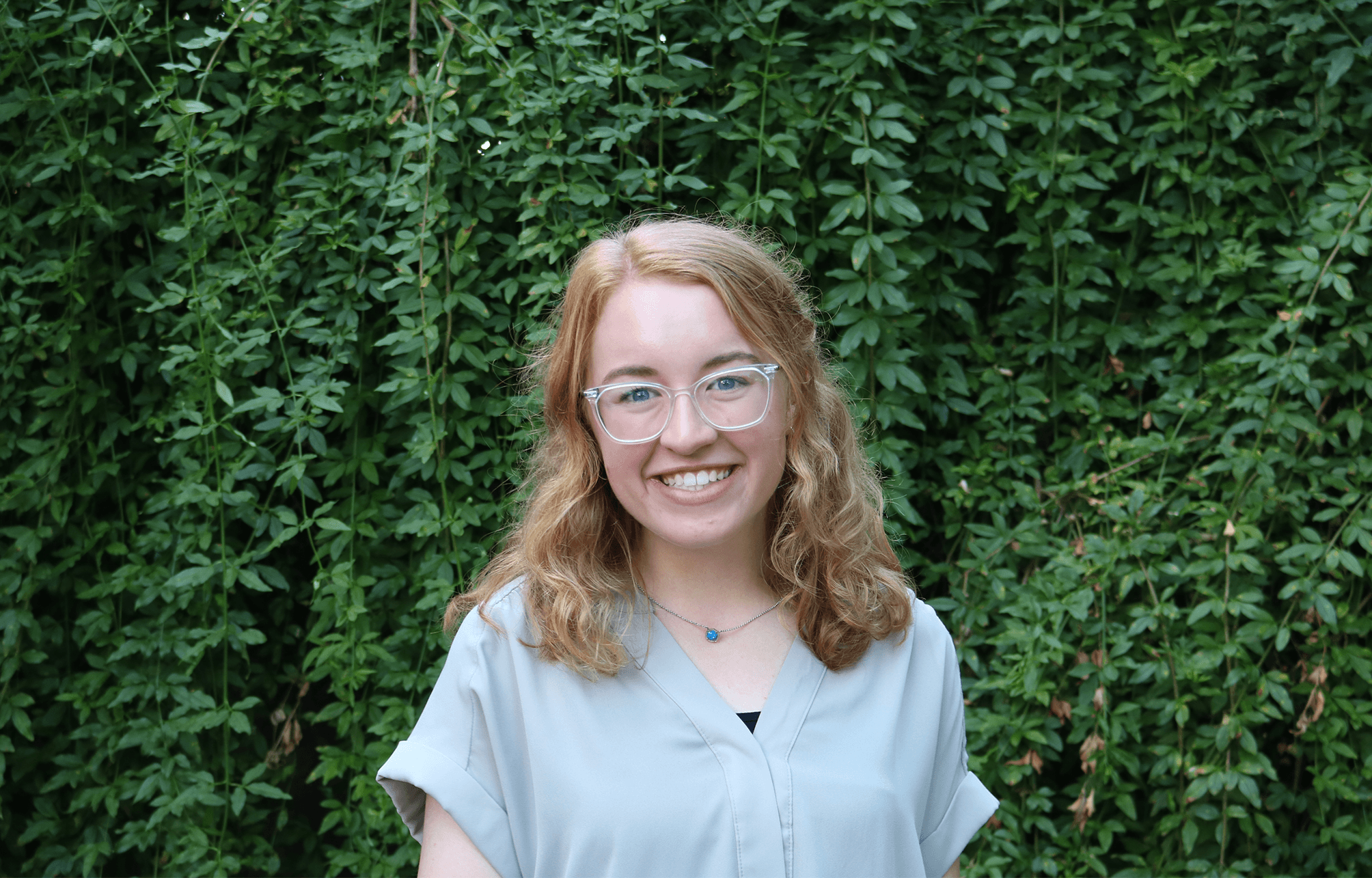On Tuesday, Feb. 13, the Black Law Students Association (BLSA) of the Cumberland School of Law held its 30th annual Thurgood Marshall Symposium. The symposium featured Abha Khanna, the lead plaintiff attorney in the case Allen v. Milligan, as this year’s speaker.
For the last 30 years, the Thurgood Marshall Symposium has served to honor Justice Thurgood Marshall, the first African American Supreme Court Justice, by bringing awareness to issues that affect minority communities. This year, the BLSA, in collaboration with Samford’s Office of Student Success and Diversity, chose to highlight voting rights in Alabama.
In her work with redistricting law, Khanna handles many cases under section two of the Voting Rights Act. During her speech, Khanna shared about the cases she has argued in southern states, specifically Alabama. Allen v. Milligan in 2022 is one of these cases.
“The case that we brought under section two was about black voters in Alabama’s entitlement to a second minority opportunity district,” Khanna said. “What does that mean? It’s another congressional district in which black voters would have the opportunity to elect their candidates of choice.”
Khanna began her speech from the beginning of this story, discussing Chestnut v. Merrill in 2018, the first time Khanna’s team brought a Voting Rights Act challenge against Alabama’s congressional map. At the end of the trial, the state decided to “push pause” on the litigation because the election season was coming too quickly.
“At the end of the day, the state’s primary legal argument was that we’re timed out,” Khanna said. “That is a recurring theme that you are going to see: the idea that we are just too late for voting rights in Alabama.”
The new congressional map drawn that year still showed only one majority Black district out of the seven congressional districts in Alabama. According to Khanna, the Black population now makes up 27% of Alabama, nearing one-third of the population, whereas the one majority Black district only represents 14% of the population.
In January 2022, the start of the next election season, Khanna and her team achieved victory only for the state of Alabama to appeal to the Supreme Court, who agreed to “push pause” once again on the new redistricting.
“This state order on February 7 not only put the brakes on any relief in time for 2022 in Alabama, but it put the brakes on relief for Georgia [and] it put the brakes on relief in Louisiana,” Khanna said. “That’s three districts. That’s three districts put on ice that we had won. That is a heartbreaking moment.”
On Oct. 4, 2022, Khanna and her team went to the Supreme Court to argue Allen v. Milligan. The resulting Supreme Court opinion was favorable for Khanna’s team and supported the District Court’s ruling for a remedy to the current congressional map.
Khanna talks about her time in the Supreme Court as one of her favorite parts of the entire process, especially when Justice Ketanji Brown Jackson spoke on her second day as the first black woman on the Supreme Court.
“It was a very intimidating moment,” Khanna said. “And for those three minutes, I was just transported and I was a student in a classroom.”
However, the 2023 plan drawn up by the state of Alabama did not remedy anything. Even after this Supreme Court opinion, Alabama drew up a map with still only one majority black congressional district.
Khanna talks about the exasperation she felt at that moment, after learning they still had more work to do to gain another district for Black minority voters in Alabama.
“I think what you will see and what we’ve experienced just by litigating this one case is that it has been a series of heartbreaks,” Khanna said. “It is a series of losses and wins and momentary victories and what seem like really crushing defeats.”
Khanna said that, even despite these defeats, she is honored to be able to work on these cases and hopeful for the future. Her team will go to trial next year to continue to fight for minority voting rights in Alabama.
“Advocacy matters, the law matters, precedent matters and the right thing matters,” Khanna said. “It’s been a privilege and an honor to be able to litigate this case, and it continues to be so.”
During a Q&A session after her talk, Khanna shared that she has always been interested in voting rights, and she did her senior thesis on the topic while in law school.
“It’s a series of fortunate events that led me to what I do right now,” Khanna said. “I was always interested in voting rights.”
Khanna’s passion for her job and for voting rights across the country, encouraged the law students at the symposium. Malik Moore, co-chair of the Thurgood Marshall Symposium and 2nd-year law student at Cumberland School of Law, said Khanna’s speech was inspiring.
“I think my biggest takeaway was that there is work to be done and we need more people on the ground fighting for what is equitable and what is just and what is fair so that everyone may access their right to vote and essentially protect and preserve our democracy,” Moore said.
Mercedes Davis, chair of the Thurgood Marshall Symposium and a 3rd-year law student, said that the Thurgood Marshall Symposium has always been a source of inspiration for law students.
“It’s an inspiration as a law student to be able to see individuals who are out there advocating for our state, talk about the things they do, why they do it and what we can do to help,” Davis said.
As chair and co-chair of the symposium, Davis and Moore selected this year’s theme of voting rights because of the upcoming presidential election and to highlight Alabama’s history with the topic.
“I think we’re in charge of protecting our democracy,” Moore said. “You know the famous quote, ‘A nation that really doesn’t know its history is bound to repeat it,’ so I think it’s important to understand the impact that voting has had on our country and specifically in our communities and how it impacts marginalized communities specifically.”
With February being Black History Month, Khanna’s talk was timely for students seeking to remember and bring awareness to Alabama’s own history.
“We’re here in honor of Justice Thurgood Marshall,” Khanna said. “And I can’t emphasize enough […] the importance of having a voice on that bench.”

Staff Writer






